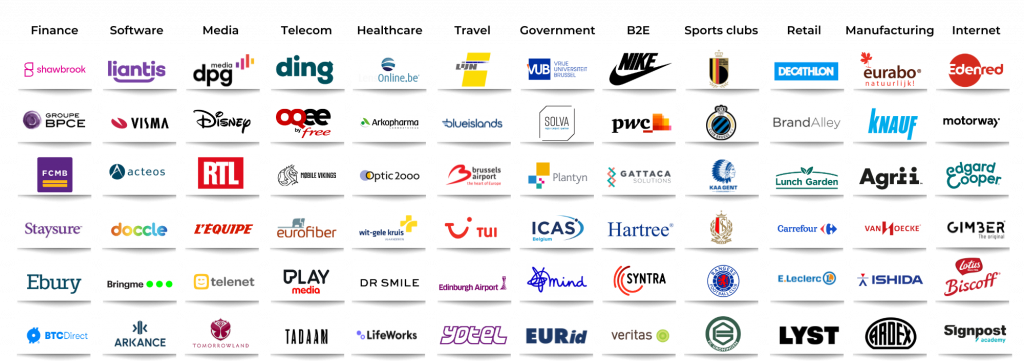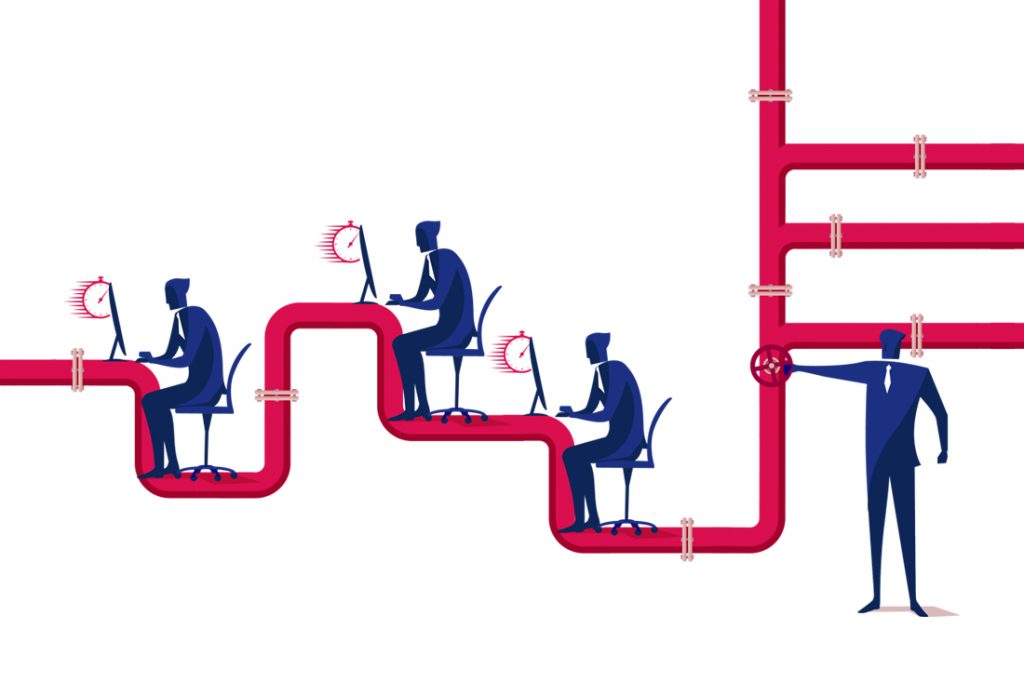Time is money: the age-old adage of sales still rings true today. And perhaps now more than ever. As soon as leads come in, you need to act ASAP, or you’ll risk losing them. This is how your lead response time impacts sales and what you can do to keep leads from going cold.
Q: How long does it take your sales team to respond to leads?
A: Probably too long, and it’s time to change that.
When customers reach out to your business, they expect an answer, pronto. In fact, your ‘speed to lead’ drastically impacts your chance of sales success. But achieving rapid response times isn’t always easy.
Why is lead response time crucial for sales?
First things first. What is lead response time? In essence, lead response time is the amount of time that it takes for a sales team to respond to an inbound lead sourced from their site, an advertisement, or a partner. And the smaller the amount of time, the bigger your chance of success.
This finding has been proven time and time again.
In a classic Harvard Business Review study, researchers found that businesses are 100 times more likely to get into contact with a lead 5 minutes after their inquiry than 30 minutes after. Moreover, you will be 21 times more likely to successfully qualify a lead 5 minutes after their inquiry than 30 minutes after.
The speed of your first response also greatly impacts your chance of success. A lead response time of just 1 minute increases your chances by 391% in sales eventually closed. In terms of competitive advantage, 78% of customers buy from the company that responds to their inquiry first.
The psychology of lead response times
So, why is it that response time is pivotal to closing a deal? It all comes down to psychology. Often, customers are dealing with a challenge when they reach out to your business. To solve this challenge, they look for the path of least resistance. The faster you respond, the easier it is for them.
Similarly, when you don’t reply to leads as soon as they come in, customers turn to other options:
- look for an alternative or change their mind,
- get a better deal elsewhere or turn to your competition,
- feel ignored, forgotten, or irrelevant to you.
It boils down to the same result: a delay in lead response time means no deal for you and greater chances for the competition.
All in all, lengthy response times equal a lousy customer experience. And this could have a lasting impact on your brand perception, too. As the professional services network PwC found in their “Future of CX report”, 1 in 3 customers will leave a brand after just one bad experience.
Ready to start optimizing lead response time?
The Harvard Business Review study about lead response times dates back to a decade ago. But if we could make an educated guess, we’d say that keeping up with leads is even more pressing today. Leads are now increasingly finding the way to your brand online. But that also means more channels to manage, more data, and shifting sales processes.
In a joint webinar with Zendesk Sell, we’ll show you how bringing together sales data in one platform can shorten lead response time and drive closing rates.
Featuring the story of Locale, the UK’s leading platform for property management, we’ll talk about the possibilities and pitfalls of Zendesk’s customer relationship management tool and how to deploy it to your success.
















